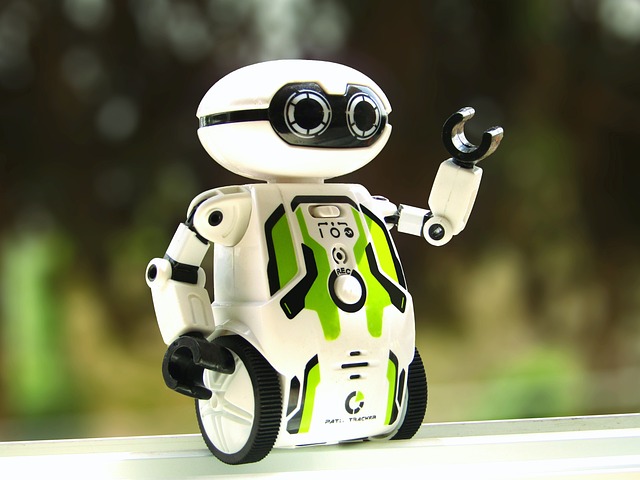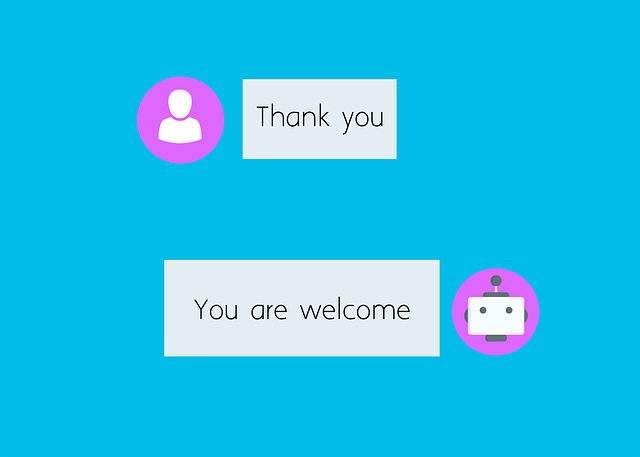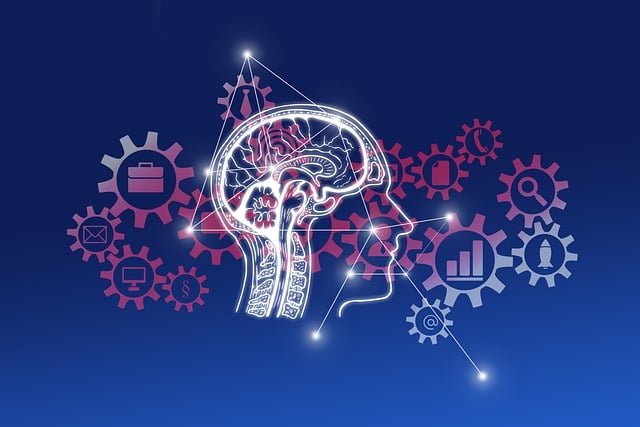Artificial Intelligence (AI) is transforming education with AI-powered smart assistants that offer personalized learning experiences. These virtual supports adapt to individual students' needs and learning styles, enhancing productivity by automating tasks like grading and providing real-time feedback. They create interactive environments, making learning more engaging and accessible. This technology ensures efficiency, allowing teachers to focus on mentoring while students benefit from tailored study plans and immersive educational opportunities.
In today’s digital age, Artificial Intelligence (AI) is revolutionizing education by transforming traditional learning environments into dynamic, personalized spaces. This article explores the profound impact of AI and virtual support systems on enhancing productivity and efficiency in education. From adaptive teaching methods that cater to individual student needs to real-time feedback and interactive resources, these technologies foster a supportive learning environment. Discover how AI empowers educators to create engaging, immersive experiences, ultimately driving knowledge acquisition and skill development.
- The Role of Artificial Intelligence in Revolutionizing Education
- – Exploring the potential of AI to transform learning environments
- – Personalized learning paths and adaptive teaching methods
The Role of Artificial Intelligence in Revolutionizing Education

The integration of Artificial Intelligence (AI) in education is transforming the way we learn and teach. AI-powered smart assistants are revolutionizing classrooms by offering personalized and efficient support to both students and educators. These virtual supports can adapt to individual learning styles, providing tailored content and feedback that enhances productivity. With their interactive capabilities, these assistants foster engaging learning environments, making complex topics more accessible and understandable.
By leveraging AI, educational systems can streamline administrative tasks, freeing up time for teachers to focus on mentoring and individualized support. Virtual assistants can grade assignments, offer real-time feedback, and even provide personalized study plans, thereby increasing overall efficiency. This technology ensures that learning experiences are not just informative but also interactive and adaptive, catering to the diverse needs of students in a dynamic educational landscape.
– Exploring the potential of AI to transform learning environments

Artificial intelligence (AI) has the potential to revolutionize learning and education, transforming traditional classrooms into dynamic, interactive environments. By leveraging AI, educators can create personalized learning experiences tailored to each student’s unique needs and learning style. Smart assistants powered by AI can act as virtual supports, providing efficient and immediate feedback on assignments, explaining complex concepts, and even offering adaptive practice exercises based on a student’s performance.
This technology enhances productivity by automating routine tasks, such as grading multiple-choice quizzes or organizing student data, freeing up educators to focus on more meaningful interactions with students. Moreover, AI-driven tools can foster engaging discussions and collaborative projects, encouraging critical thinking and creativity. Interactive AI interfaces could even simulate real-world scenarios, immersing learners in their education and preparing them for future challenges.
– Personalized learning paths and adaptive teaching methods

One of the most significant advantages of smart assistants in education is their ability to facilitate personalized learning paths. Leveraging artificial intelligence, these tools can adapt teaching methods to match each student’s unique needs and learning style. By analyzing performance data and understanding individual strengths and weaknesses, virtual supports can create tailored curricula that optimize productivity and efficiency. This ensures students receive targeted instruction, fostering a more interactive and engaging educational experience.
Moreover, smart assistants act as dynamic companions, offering continuous support throughout the learning process. They provide immediate feedback, answer queries, and offer explanations in a conversational manner, much like a dedicated tutor. This level of personalized guidance enhances understanding, builds confidence, and ultimately improves academic outcomes. Students can access this virtual support anytime, anywhere, boosting their productivity and efficiency on their educational journey.






